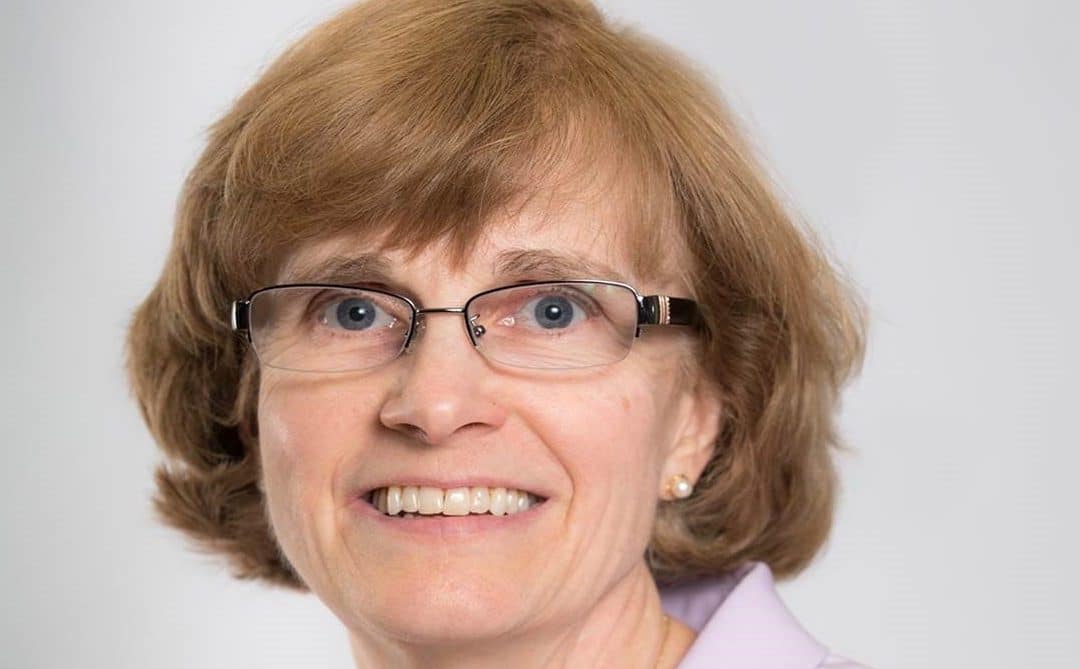By Loren I. Alving, MD, Director, UCSF Fresno Alzheimer & Memory Center and Health Sciences Clinical Professor, Department of Neurology, UCSF School of Medicine
When I introduce myself as a cognitive and behavioral neurologist I have come to expect people, including colleagues, to ask why I choose to provide care for patients with dementia, a dreaded disease with no cure. The assumption is that it must be terribly depressing to take care of such patients, day in and day out. I can say with confidence that caring for patients with dementia is a fulfilling and rewarding career beyond any other.
Taking care of my patients and their families is an honor and a privilege and is infinitely gratifying. My patients come from all walks of life and have incredibly rich histories: They are farm workers, lawyers, teachers, doctors, ice hockey players, construction workers and pianists – to name some of their occupations. Some have lived their entire lives in the Central Valley of California. Others have come from other states and countries – some as refugees escaping poverty or death. Almost two-thirds of my dementia patients are women. Whatever their background and circumstances, all the patients and their families come to us at a time in their lives when they are most vulnerable and in need of assistance. Finding some way to help them is a reward in and of itself.
I did not always know that I was going to specialize in dementia. I went to medical school with an open mind as to what type of medicine I would study, knowing only that I liked to help people and that I found science, and especially medical science, fascinating. That fascination is what ultimately led me to select neurology as my specialty. Being a neurologist involves solving the puzzle of how a patient’s symptoms correspond with brain lesions.
When I began medical practice, it was the “Decade of the Brain” and the field was wide open for discoveries. Cognitive and behavioral neurology was especially interesting to me but I practiced general neurology for a number of years. As I cut back on my workload to have more time for my children, an opportunity to work at a State Alzheimer’s Center presented itself. I pursued additional certification in behavioral neurology and neuropsychiatry. Through the years, I gradually increased my time at the UCSF Fresno Alzheimer & Memory Center (AMC) and assumed directorship in 2015.
Along the way, I have come to discover a deep humility about the role that doctors play in the lives of their patients, and I have a continued awe of the human brain, the human experience and all its complexities.
I am especially proud of the collaborative and very patient- and family-centered care we provide at the UCSF Fresno AMC. We are there when patients and their families are in crisis, in need of diagnosis, treatment, support, or simply reassurance. While there is no cure for dementia, providing a supportive and comforting environment goes a long way toward making patients less agitated and anxious. Although our patients and their families are in difficult and even tragic situations, we help them maintain a balance between patient and caregiver needs, allowing them dignity as they live with this disease.
Over the decades, I have had the opportunity to see scientific discoveries begin to revolutionize the understanding of Alzheimer’s disease and other dementias. The discoveries are always interesting, sometimes unexpected – Alzheimer’s disease and dementia are far more complex than we imagined.
Some of the questions we are still exploring are:
- Why does one type of dementia cause certain types of behaviors but not others?
- What is it about certain parts of the brain that make them susceptible to certain dementias?
- How does that result in different symptoms?
- What is the role of lifestyle changes – diet, exercise, weight loss – on dementia prevention, and how can people use this information effectively?
Even though a cure for dementia has been elusive so far, the field is advancing every day, and our hope is that more help will soon be available for our patients and families.
So my answer to those who ask why I do what I do is that my career has been meaningful and fascinating. The number of doctors who care for older adults is woefully low. At the same time, the number of older Americans is drastically increasing, and the incidence of dementia increases with age. With such a growing need, taking care of my patients and their families is infinitely rewarding. I am grateful to be on the front lines of caring for dementia patients, and I look forward to new prospects for prevention and treatment.
Photo Credit: Elisabeth Fall

